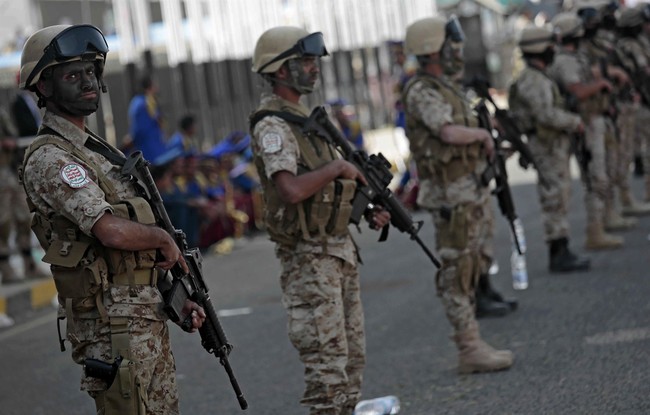US Sanctions Shake Republika Srpska's Political Scene
The United States has expanded sanctions against key figures in Republika Srpska, raising political tensions and questioning regional stability. Dive deep into the geopolitical implications and controversies.
Published January 18, 2025 - 00:01am

Image recovered from vecernji.hr
The United States has taken decisive action to curb the financial influence and alleged corruption associated with Milorad Dodik, the President of Republika Srpska. The Office of Foreign Assets Control (OFAC) of the US Department of Treasury announced new sanctions targeting 13 individuals and one company linked to Dodik's financial network, emphasizing the ongoing US commitment to promoting stability and democracy in the Balkan region.
The targeted sanctions seek to dismantle the intricate network reportedly utilized by Dodik to benefit his family and close political associates. Among the sanctioned are prominent figures such as Pavle Ćorović, the husband of Dodik's daughter and director of Global Liberty d.o.o. Laktaši, a firm involved in several financial transactions benefiting Dodik's circle. The list also includes directors Radmila Bojanić and Nemanja Reljin of Nimbus Innovations, formerly under the control of Dodik's son, Igor.
The imposition of these sanctions highlights the US's steadfast stance against undermining the regional peace process institutionalized by the Dayton Agreement. This historical accord, which concluded the Bosnian War in 1995, stands challenged by recent moves in Republika Srpska, including the celebration of a holiday deemed unconstitutional by Bosnia's Constitutional Court.
The backlash not only focuses on Dodik's family but extends to several high-ranking officials in Republika Srpska. These individuals, including Siniša Karan, the Minister of Interior, and Dijana Milanković, the Director of Radio Television Republika Srpska, are accused of orchestrating events that violate Bosnia's constitutional frameworks. Such actions, according to the US State Department, threaten Bosnia's territorial integrity and the operational soundness of its constitutional courts.
Bradley T. Smith, an Acting Under Secretary in the US Treasury Department, underscored that the sanctions are a response to Dodik's persistent efforts to destabilize democratic structures and exploit public resources for personal gains. As a consequence, all assets under US jurisdiction belonging to the implicated individuals and entities stand frozen, and US citizens and businesses are prohibited from engaging in transactions with them.
While these measures are intended to reinforce the international community's commitment to the Dayton Agreement, they also stir various reactions within the context of geopolitical alignments and local governance. In response, Milorad Dodik has voiced criticism towards the EU's perceived leadership vacuum and questioned the legitimacy and fairness of the sanctions imposed by the US. His rhetoric, juxtaposing international territorial claims such as those suggested for Greenland by former US President Donald Trump, reflects broader geopolitical tensions.
In aligning with these views, Dodik did not shy from drawing controversial parallels between EU actions and the historical context of the Yugoslav breakup, further complicating the socio-political discourse across the Balkan region. Such assertions point towards a regional dynamic where alliances and historical grievances continue to influence contemporary governance and international diplomacy.
The sanctions are not just administratively constricting but narratively charged, emphasizing values of democracy, rule of law, and regional cohesion—principles that underpin much of US and EU foreign policy in the Balkans. These developments pose profound questions about Republika Srpska's future political stability and its relationship with international institutions, setting the stage for potential shifts in regional and international alliances.
Overall, the sanctions against figures in Republika Srpska symbolize a larger geopolitical chess game where influence, governance, and sovereignty intersect with international law and economic measures. The unfolding events will be crucial in determining Republika Srpska's role and stance in the larger political landscape of Bosnia and Herzegovina and the Western Balkans.







